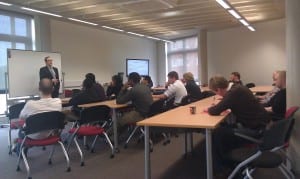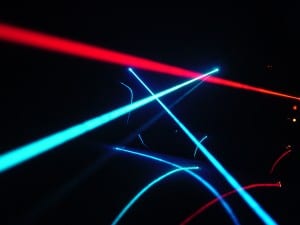 This is an EPSRC funded project:
This is an EPSRC funded project:
- EP/H004351/1: Feasibility Study, Energy Recovery from Landing Aircraft. Collaborating company: EADS Innovation Works
which is run by Prof Paul Stewart and Dr David Waugh in the School of Engineering at the University of Lincoln. It is one of a portfolio of projects awarded from the EPSRC Sandpit Low Carbon Airports. All the project researchers and PIs associated with this Sandpit are members of the Airport Energy Technologies Network (AETN), which is hosted here at Lincoln University.
Rationale
On account of the enormous pressures on numerous industries to cut down upon their carbon emissions it is not surprising to identify that one such industry is that of the airline industry. With aircraft transport becoming more widely used, along with aircraft becoming larger (for example the Airbus A380), it is possible for one to realize the large potential gains that recovering energy from aircraft would offer in terms of feeding that energy back into the national grid or storing the energy locally on the aircraft for use in recovered energy assisted take-off.
How much energy is associated with a landing aircraft?
We can make assumptions to illustrate the magnitude of kinetic energy available via a small commercial airliner:
Taking an Airbus A320 with landing mass m = 6.5×104 kg, with landing speed ν = 61.69 ms-1
we can calculate the kinetic energy E = 1.248 J.
Assuming a runway length of 1.2km gives us a linear acceleration of -1.59 ms-2
and a stopping time of 38.80s, which gives us a peak transferrable power of 3.2MW
Therefore, it is possible to realise that for a typical Airbus A320 the potential energy which could be recovered is very large with peak transferable powers of up to 3.2 MW being available. Furthermore, this becomes an even more attractive means when taking into account multiple landings as busy airports which leads to average transferable powers of up to 1 MW. In addition to this, one can see that over time aircraft will become bigger having even larger landing weight, such as the Airbus A380, which will increase the potential power output by up to 10 times the figures stated here for the Airbus A320

